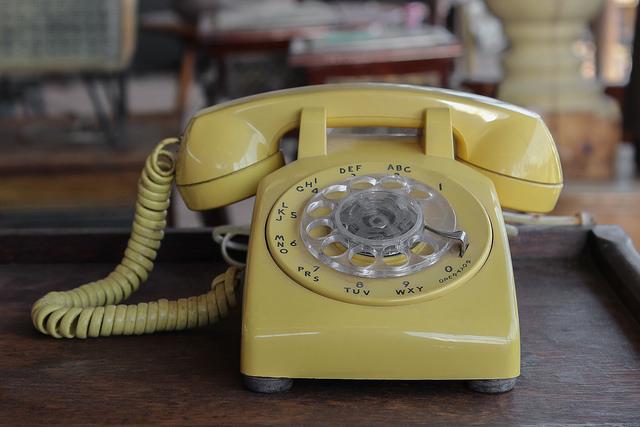
The full transcript of Prime Minister Malcolm Turnbull’s now infamous phone call with President Donald Trump seems to offer something for everyone. Coverage and analysis has ranged from describing the call as one of Turnbull’s ‘finest moments’ to ‘one of his worst’. Whether you think the transcript shows the PM as a tough negotiator or as something less flattering, it’s hard to ignore Bismarck’s supposed missive about the making of laws and sausages. Diplomacy can be ugly, too, especially when conducted between leaders. It is perhaps better left unobserved, or at least observed only after many decades, in the rarefied atmosphere of the archives. The fact that the transcript was leaked raises serious questions about Washington’s internals and the president’s ability to conduct discreet and effective diplomacy.
In contributions for The Strategist following the initial coverage of the phone call in February and again before Trump and Turnbull’s meeting in May, I argued that the PM would be wise to accentuate the things that he and the president have in common, namely their business backgrounds and status as political outsiders. I also suggested that while Trump was likely to be fiery in their exchanges, Turnbull would be better served by being firm but cool-headed. The transcript indicates that Turnbull did just that, and that he’s approaching his relationship with the president in a strategic way.
Some commentators have focused on the call’s conclusion. It was originally speculated that the call ended with Trump hanging up on Turnbull. The transcript shows that it in fact ended with:
Turnbull: You can count on me. I will be there again and again.
Trump: I hope so. Okay, thank you Malcolm.
At first blush, the PM’s line is reminiscent of Harold Holt’s ‘all the way with LBJ’ remark. There are, however, important differences. Holt made his comment not just in public, but on the White House lawn during his June 1966 trip to Washington. It was a moment of ad-libbing, which suggests he was charmed by President Johnson and overwhelmed by the unexpected grandeur of his reception. Johnson responded with gratitude and warmth, and on his subsequent visit to Australia, he made a point of publicly saying, ‘Every American and LBJ, is with Australia all the way.’
Trump’s response to Turnbull was quite different. Curt to the point of rudeness, it not only lacks any hint of reciprocation but also suggests a man who feels that he is owed something.
Holt’s line came to define him, somewhat unfairly so, as his approach to diplomacy and his awareness of Australia’s interests were more nuanced than it suggests. His words, the reaction to them and their legacy in the public memory are a reminder and a warning that although the Australian public strongly supports ANZUS, they abhor any hint of sycophancy in the relationship.
Over at the Lowy Interpreter, James Curran has argued that Turnbull’s form of words will encourage the Americans to take Canberra for granted. James is right to say that language is important and that there’s a difference between being a trusted ally and being taken for granted. Regrettably, the distinction is rarely made today. It’s likely that by the time the phone call took place, the issue of resettlement of asylum seekers had reached a state of such uncertainty that it could only be resolved at the highest level. Getting that issue wrong, especially in the current political climate, could easily have threatened Turnbull’s leadership. The transcript indicates that he knew that and he went into the call with the narrow but difficult objective of saving the deal. That was his strategy and it was successful.
The deal should never have been made. A lesson largely overlooked from the episode is the risk of mixing domestic and alliance politics when there is no need. The deal struck between Canberra and an already lame-duck Obama administration was made on the lazy assumption that Hilary Clinton would win the election. She didn’t, and the man who did could easily have scuttled the arrangement. If that had happened, Turnbull’s position would, at the very least, have been severely weakened within his own party, and beyond. It’s possible that he wouldn’t be prime minister today. Trump is probably aware of that, and it could inform his approach to the alliance relationship and their next deal.